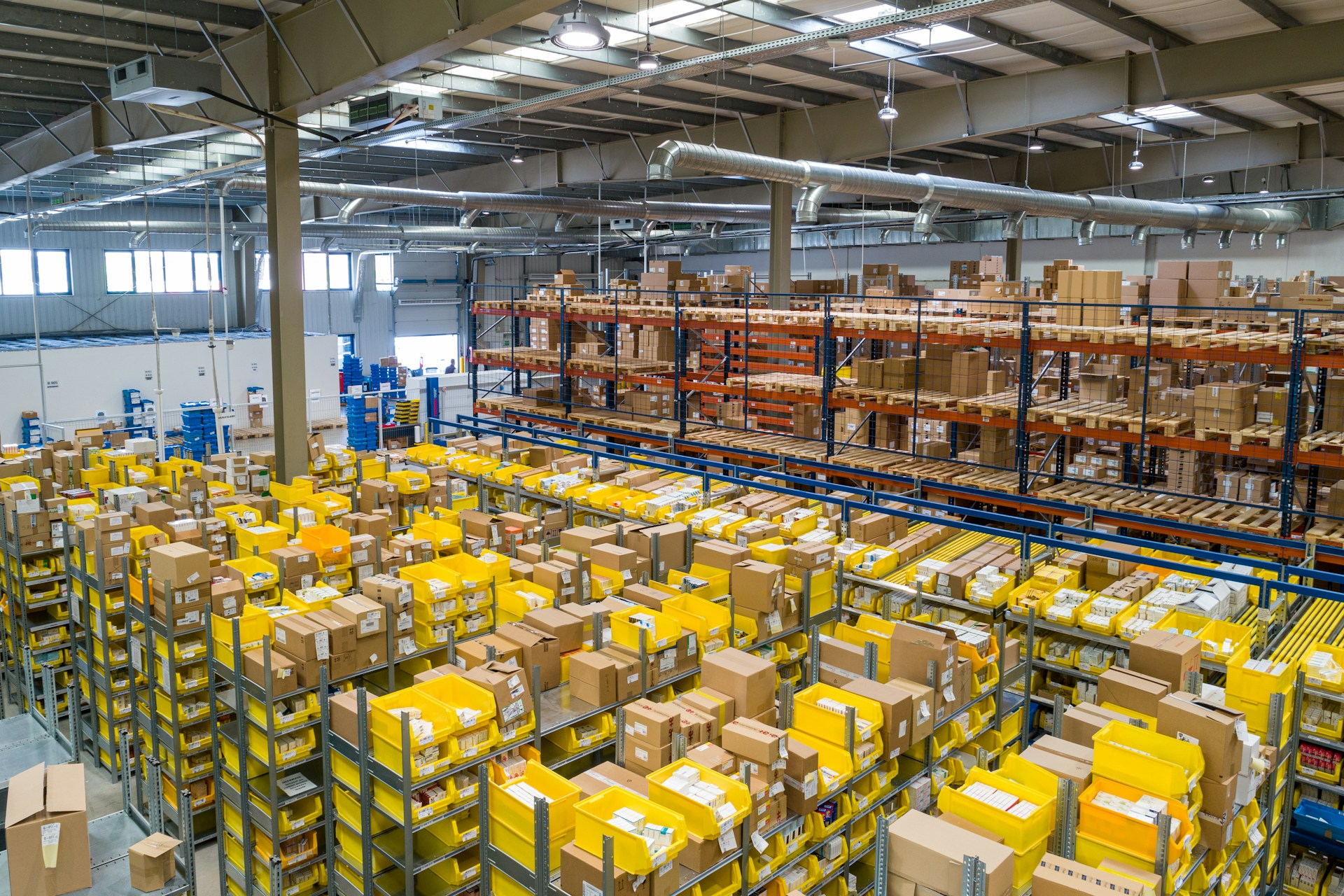The Future of Warehousing is Shared Storage Solutions

The warehousing industry is undergoing a transformation, with more companies turning to shared warehousing as a flexible and cost-effective solution to meet their storage needs. As businesses of all sizes face increasing pressure to stay competitive, shared storage offers a way to adapt quickly to market demands, reduce overhead costs, and optimize operations. Here’s why this trend toward shared warehousing is gaining momentum and how it benefits growing businesses.
1. Cost-Effectiveness
One of the main reasons businesses are embracing shared warehousing is the significant cost savings it offers. Traditional warehousing often requires businesses to sign long-term leases, commit to large amounts of space, and manage overhead costs such as utilities, security, and maintenance. For growing businesses that need flexibility, these expenses can quickly become overwhelming.
Shared warehousing, on the other hand, allows multiple businesses to share space, resources, and costs. This collaborative model reduces the financial burden on individual companies, as they only pay for the space they use. By sharing warehouse space and infrastructure, businesses can significantly cut down on costs without sacrificing the quality of service.
2. Flexibility and Scalability
For businesses experiencing fluctuating demand or seasonal peaks, shared warehousing offers unmatched flexibility. Unlike traditional warehousing, which often locks companies into long-term contracts with fixed space, shared warehousing allows businesses to scale up or down as needed. During busy seasons, companies can quickly increase their storage capacity, while during slower periods, they can reduce their space usage and associated costs.
This scalability makes shared warehousing ideal for businesses with seasonal inventory or those that are rapidly growing and need a storage solution that can evolve alongside their operations.
3. Access to Advanced Technology and Services
Shared warehousing providers typically offer a range of value-added services and advanced technology that businesses may not be able to afford with a private warehouse. This includes automated inventory management systems, order fulfillment, packaging services, and shipping solutions, which can help businesses streamline operations and improve efficiency.
Access to these tools allows growing businesses to focus on their core functions, like sales and product development, while the warehousing provider handles the logistics. By leveraging the infrastructure of a shared facility, businesses can offer a higher level of service to their customers without the upfront investment in technology or personnel.
4. Increased Efficiency and Collaboration
Another benefit of shared warehousing is the opportunity for collaboration and networking. By sharing a warehouse with other businesses, companies can create synergies and share knowledge and resources. For example, a business specializing in one product line may find it beneficial to collaborate with another company that offers complementary products, allowing them to reduce transportation costs or consolidate shipments.
Additionally, the efficient use of space and shared resources ensures that operations run smoothly, minimizing downtime and improving overall supply chain performance. This collaborative environment fosters efficiency, allowing businesses to operate at a level comparable to larger competitors without the overhead costs.
5. Environmentally Friendly and Sustainable
As sustainability becomes a growing concern for businesses and consumers alike, shared warehousing provides an eco-friendly storage solution. By sharing space, businesses reduce the amount of energy, resources, and infrastructure needed to run multiple warehouses. This helps lower their overall carbon footprint and promotes a more sustainable approach to logistics.
The future of warehousing
The trend toward shared warehousing is shaping the future of the logistics and storage industries. With its cost-effectiveness, scalability, access to advanced technology, and the potential for collaboration, shared storage solutions are becoming increasingly attractive to growing businesses. By turning to shared warehousing, companies can focus on their core competencies while leaving the complexities of storage and logistics to the experts, all while reducing overhead costs and improving operational efficiency. For businesses looking to scale and stay competitive in a rapidly changing market, shared warehousing is the solution for the future.
More questions? Give the experts at FlexSpace a call to determine what storage solution is best for your business.



